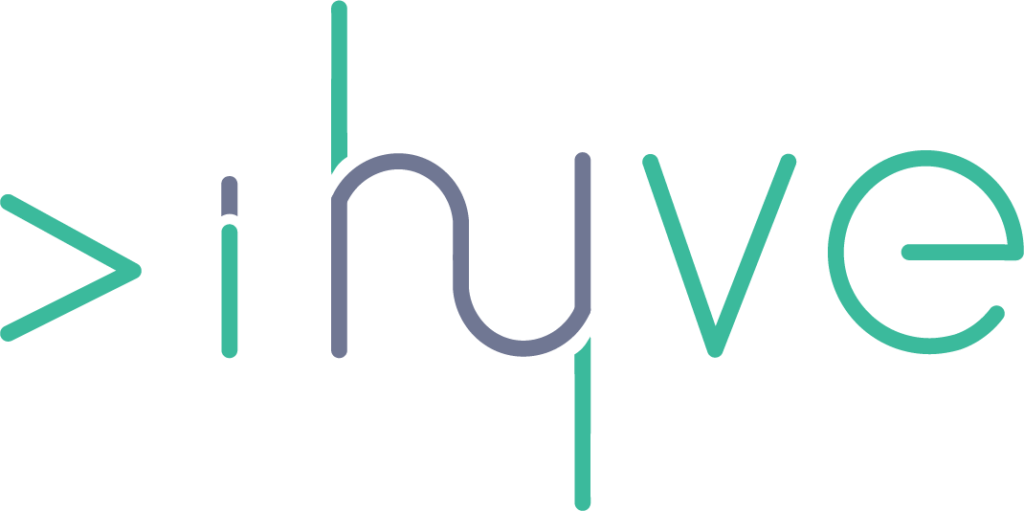The financial landscape is constantly evolving as technological advancements reshape how people manage their money and pay for products and services. But so too has how financial brands and institutions connect with and appeal to potential customers. One notable innovation in this space has emerged through the short-form video hosting service TikTok.
In 2021, TikTok revealed it had reached one billion active users and achieved over three billion downloads on both iOS and Android platforms.
TikTok’s new era of audience engagement now surpasses the platform’s initial reputation for lip-syncing and dance-based content, which soared in popularity after it was established in 2018 following Bytedance‘s acquisition of Musical.ly.
Now, the social media app has embraced its potential to inform and educate its users, as well as entertain them. People across the globe are engaging with the platform to learn more about their finances, with the hashtags #costofliving and #costoflivingcrisis amassing a collective 3.8 billion views in total.
UK finance expert Martin Lewis boasts over 700,000 followers on TikTok alone, by sharing regular videos focused on finance tips, explaining key developments in the financial world and hosting live Q&A sessions with his followers.
Meanwhile, Tej Lalvani, the British CEO known for being one of Dragons’ Den’s investors on the BBC, boasts over 68,000 followers thanks to his content explaining financial terms, alongside videos about his time on the popular show.
To understand more about the role the app is playing for bigger financial brands and the financial sector overall, The Fintech Times chatted to Daniela Sale, head of finance in the UK for TikTok.
“Complex financial products that need an element of humanisation”
Sale explained that in many cases, financial brands are presenting “complex financial products that need an element of humanisation”.
Daniela Sale, head of finance in the UK for TikTok
TikTok has now successfully positioned itself as an ideal platform for financial brands to engage with their users in a different way than they can on other social media offerings.
“We are a mobile-first, immersive, full-screen sound-on platform,” Sale explained when asked about what primarily differentiates TikTok from other video-sharing and social media platforms. “Those that understand this are the ones making the most of our platform.”
“Monzo, Revolut – also Starling Bank to a certain extent – are doing a great job of building their own personality on the platform, as well as staying authentic and genuine to who they are and what their values are. They have these elements of not taking themselves too seriously and providing light entertainment.
“At the same time, they’re taking what we call a ‘Lo-Fi’ type of approach, so not too polished, as opposed to what you can see usually produced in studios.”
This type of content is immediately obvious when you visit the TikTok pages of the digital-first banks. Yet, aside from being more relatable than standard banking adverts shown on TV or on other parts of the internet, why is this content seeing so much success?
Sale suggests that, ultimately, TikTok is making “the democratisation of complex financial products possible” with this type of content.
“Education around finances has always been quite difficult to get for everyone, especially in the UK. I think TikTok is making this easy by offering free and easy access to personal financial education.”
“TikTok makes the democratisation of complex financial products possible.”
Regulation: working with the FCA
Unsurprisingly, given the platform’s vast number of users and high engagement levels, there has been a corresponding rise in the spread of misinformation and deceptive tactics aimed at achieving personal gain by tricking users into certain investments.
In an effort to combat this, in 2021 TikTok launched its #FactCheckYourFeed campaign, collaborating with creators and well-known public figures to keep users safe by encouraging them to think critically when using the platform. With this, it hopes users can identify misinformation and fake news more easily, to help fewer people fall victim to scams or share anything that isn’t true.
With financial organisations realising the potential of marketing themselves on the video-sharing platform comes regulatory challenges. Sale discussed the important checks TikTok makes before allowing financial advertisers to house its own content there: “As an advertiser, if you come on the platform to use Tiktok, you’re going to have to abide by strict advertising policy regulations. We want to make sure that you are fully registered with the FCA. We work a lot with industry bodies and third parties.”
Regulation: TikTok’s ‘main pillars’
TikTok’s advertising regulations and #FactCheckYourFeed campaign are joined by a range of other initiatives launched specifically to keep its users safe.
“We have been working with the UK charity Citizens Advice to build a series of financial literacy videos to make sure that we communicate what financial terminology is – to make it simple for users, and also to help communities to make informed financial decisions,” Sale said.
“We have also been labelling content with what we call ‘public service announcements’. Whenever you search for an important hashtag such as #FinTok or search for ‘money-saving tips’, we provide a message warning users that when they’re following financial advice, they always need to be fully informed and they’re always taking some element of risk.
“So it is about really kind of building this relationship of trust with the community and making sure that we are regulating those that are advertising with us, but also the users that are on the platform with community guidelines. I think these are the main pillars for us.”
TikTok’s ‘Financial advice reminder’ displays after selected search terms
How have real-world issues affected how users engage with TikTok?
“For the first time, our users are ready to switch and look for the right ideas for themselves. What we have seen is that people come on the platform to educate and inform themselves.”
Sale also outlines how the switch in how people use TikTok has been partly driven by real-world problems like rising interest rates and the cost of living crisis.
“There has been a switch in the way people are consuming content on the platform – before it was very spontaneous – but now we are seeing a more intentional approach to the platform. So people come on the platform, to discover, to keep up to date with what’s going on, and also to find information that helps them make their own decisions.”
As people, particularly in the UK, pay more attention to how they manage and look after their money – they have taken a far greater interest in getting information from the experts on a platform that makes information from their community easy to find. Users have recognised that they shouldn’t trust everyone that makes content – therefore making challenger banks, traditional banks and recognisable financial experts popular sources.
Adapting to an ever-evolving space
Sale says TikTok has recognised the rapid growth of financial advice, advertising and discourse taking place. To provide the best space for financial organisations, she outlined how the app is keeping up with innovation:
“We are working constantly with other industry parties like the FCA and MediaSmart. We really want to make sure that, when it comes to innovation, we are on the front foot.
“Something we are monitoring very closely is the European Union’s Digital Service Act and how we are going to target, from the 25th of August, thieves on the platform.
“We’re ultimately really trying to improve data control and transparency to make sure users on the platform feel safer than on other platforms and that this is a trusted platform that a financial institution can join.”
The post The Rise of ‘FinTok’: How TikTok & Fintechs Are Transforming Financial Education and Awareness appeared first on The Fintech Times.





